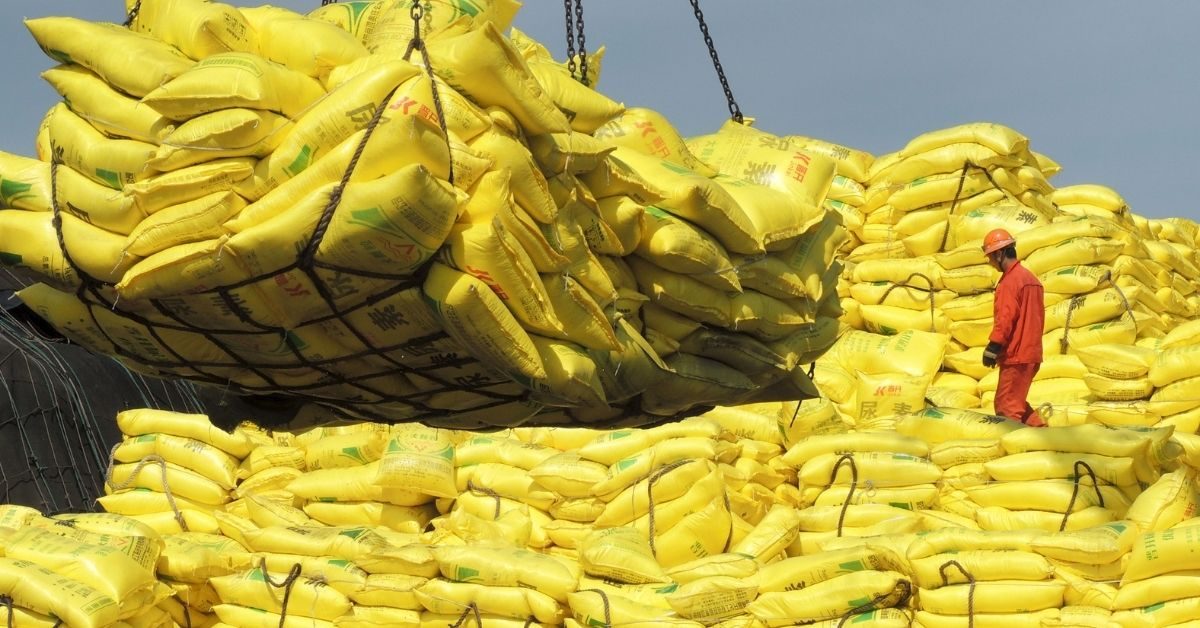Wholesalers in Yangon ceased trading on Feb. 2 as they were unable to contact delivery trucks due to a communications blackout, according to the Myanmar Times. Participants have reported that communications have improved since then.
However, political uncertainty has led exporters to be cautious, with one European broker reporting that “they have withdrawn into their shells” and another stating that there are currently “no offers.” Other sources also noted that they had not received offers since Jan. 29.
Buyers also face other issues, in addition to exporters’ hesitance to commit to new offers. The suspension of flights to and from the country until April 30 is likely to be a key impediment. Sources noted that this ban will likely disrupt couriers’ abilities to transport documents and samples to destination markets. Although documents could likely be acquired via other means, it will be almost impossible for samples to reach potential buyers.
One Singapore-based trader was upbeat, though, remarking that there is “always a way around.”
Despite the uncertainty, one major EU buyer said their supplier in the country was still attempting to load existing orders. A second Singapore-based trader also relayed that their order was being executed on Feb. 3.
Other participants corroborated that ports and mills remained open, with trucks still transporting goods.
With the country’s ports also facing severe backlogs due to the global container shortage, the ongoing political upheaval will likely only extend the delays buyers face.
Myanmar’s civilian government had concluded a government-to-government sale to Bangladesh for 100,000 mt of 5% broken white rice on Jan. 24 and a source close to the trade still expects the deal to proceed. The source remarked that the deal “should go ahead, I presume,” but remained uncertain following the upheaval.
Looking to the future, participants are circumspect for international and domestic reasons. While the US has already threatened sanctions, potentially hindering trade, neighboring states have stayed out of the fray. Aside from condemnation, there has been minimal response yet from the EU. However, some participants noted concern that the bloc could revoke Myanmar’s duty-free status for certain rice products, including broken rice.
Protests within Myanmar have been peaceful and limited so far, but participants are also all too aware that civil unrest could follow in the coming weeks, further complicating both existing orders and fresh business. As one source remarked, “[we are] waiting and watching”.
Source : Sp Global







